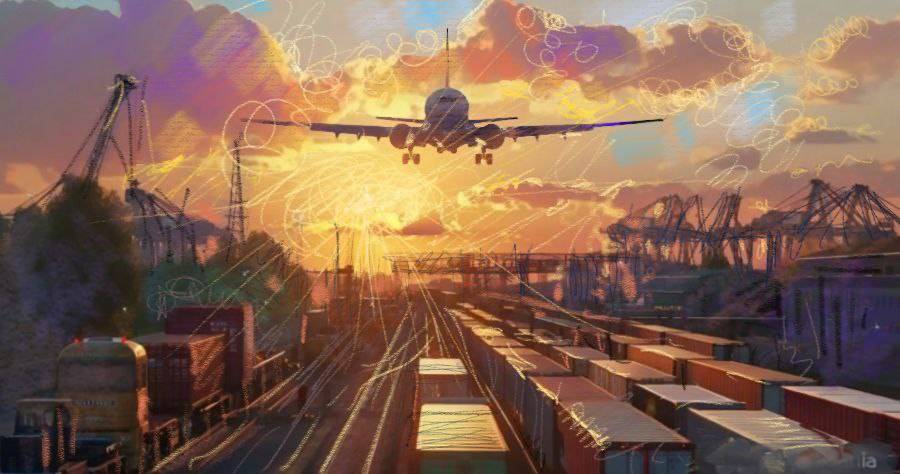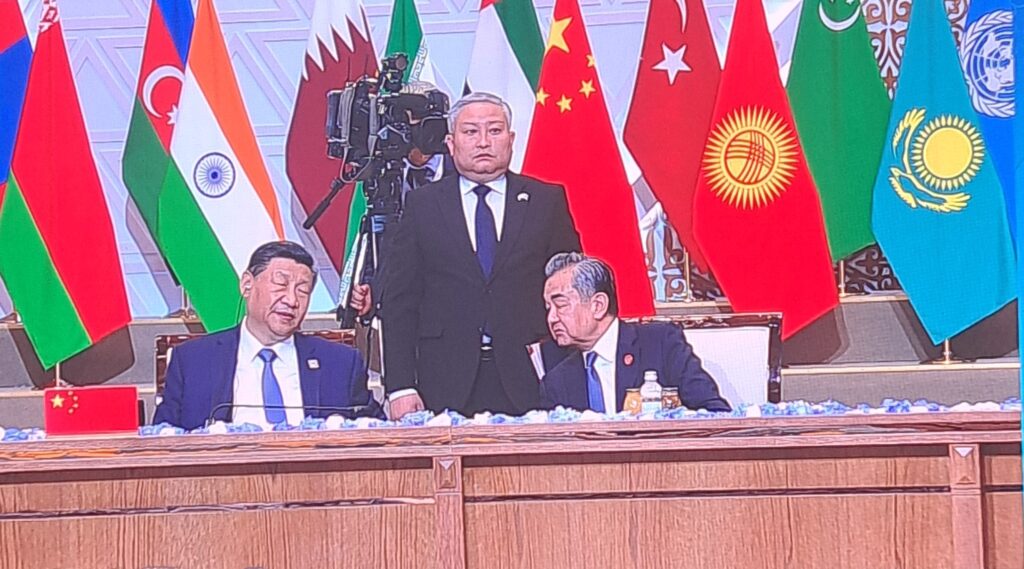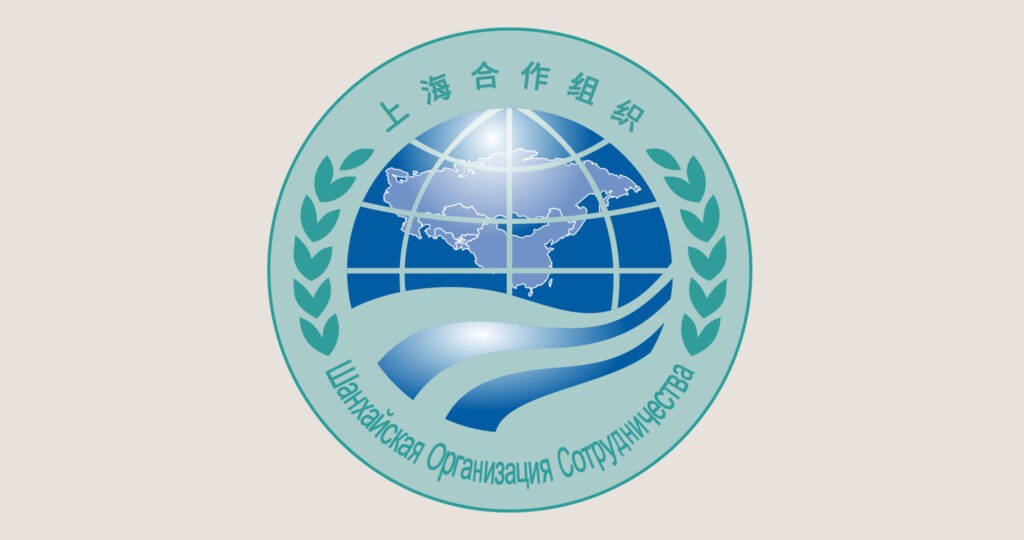The Onset of “Friend-Shoring” in Central Asia
As Central Asia’s significance for global supply chains grows, the world’s major economic powers are seeking closer economic ties with the region’s countries. China, Russia, and the West all curry favor through investments and initiatives to bolster the region’s exports and secure their supply chains. Bordering China and Russia, Central Asia spans a land surface area corresponding to 87% the size of the entire European Union (EU). The region has a combined market of 76 million people and gross domestic product of 450 billion U.S. dollars. It is critical to global energy supply chains as it possesses 20% of the world's uranium reserves, as well as 17.2% of total oil and 7% of natural gas deposits. Kazakhstan produces over half of the EU’s critical raw materials, i.e. substances used in technology which are subject to supply risks and are hard to replace with substitutes. In the first seven months of 2024, rail cargo across the Middle Corridor, a trans-Caspian trade route linking China to Europe, has increased 14-fold compared to the same period last year. As the region opens up and undergoes significant economic transformation, supply chains are increasingly directed there, sparking competition for control over its vast natural resources and production capabilities. Major economic powers are stepping in to strengthen bilateral ties to ensure reliable trade partnerships. These strategies, known as “friend-shoring,” aim to reduce geopolitical risks, enhance supply chain stability, and transform Central Asian countries into trusted allies by fostering strong bilateral relationships and deeper economic ties. China and Russia remain at the helm of regional activity China has been actively engaging with Central Asian countries through strengthening economic ties and building strategic partnerships. Through the Belt and Road Initiative (BRI), which aims to enhance infrastructure and trade connectivity across the region, China has helped strengthen the region’s rail network. China supplies equipment and invests in Uzbekistan’s electric vehicles, scooters, and leather production. Uzbekistan, in partnership with PowerChina and Saudi company ACWA Power, is also constructing the country’s first green hydrogen plant. Kyrgyzstan’s bilateral trade with China was up 30% in 2023 compared to 2022. This year, Turkmenistan has surpassed Russia in gas exports to China. In 2023, Kazakhstan's agricultural exports to China doubled to $1 billion compared to 2022, making China the largest importer of agricultural products from the country. Historically, Russia has been a major trading partner for Central Asian countries due to the Soviet legacy of a command economy, which established strong economic interdependencies that persisted in post-USSR period. While the region is aggressively diversifying its trade relationships, Russia is increasing gas supplies and energy infrastructure investments, specifically in renewables and nuclear facilities. Kazakhstan delivers most of its oil to Europe through Russia. Russian-led organizations, including the Eurasian Economic Union (EAEU) and the Commonwealth of Independent States (CIS), promote cooperation and economic integration with free movement of goods, services, and capital among member states. Russia's war against Ukraine has disrupted supply chains, but it has also opened up new trade opportunities, especially for Kazakhstan, as...






